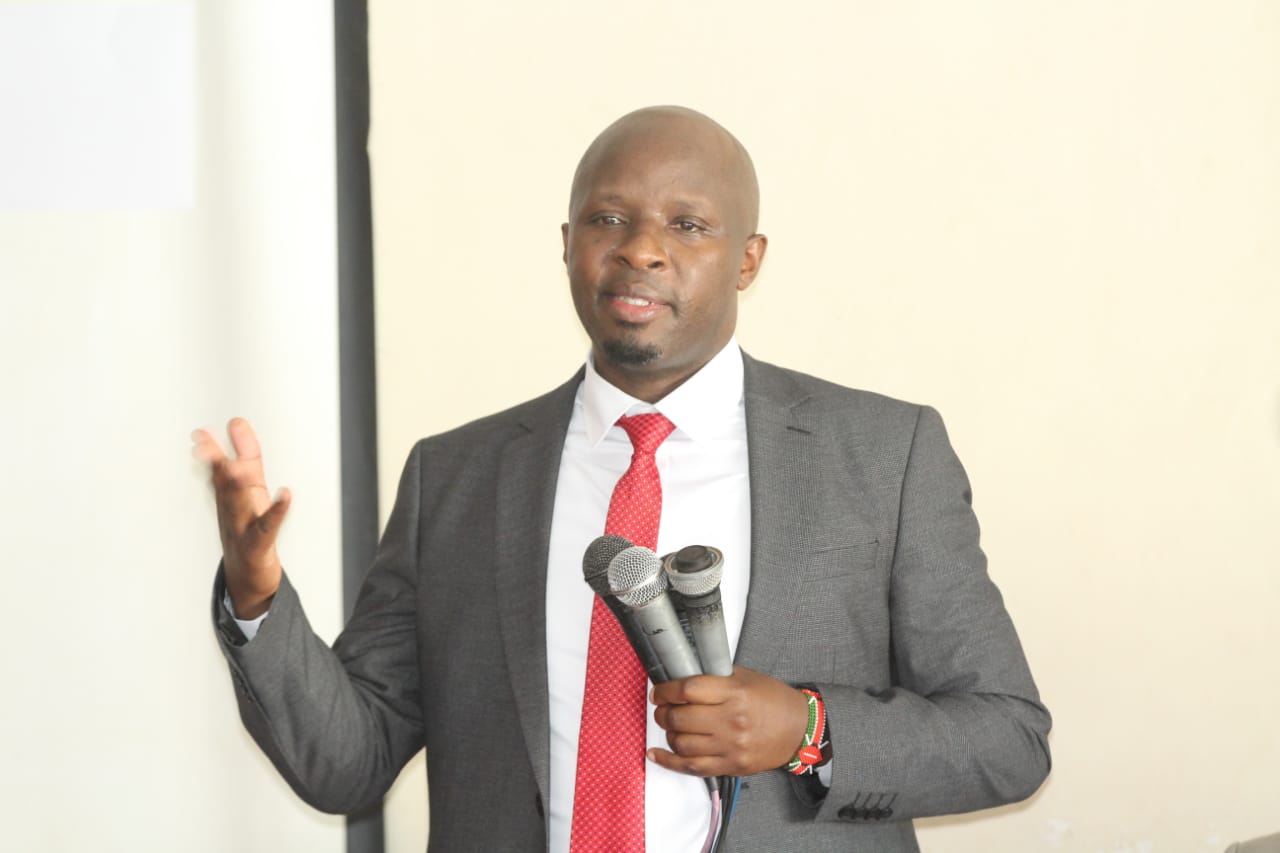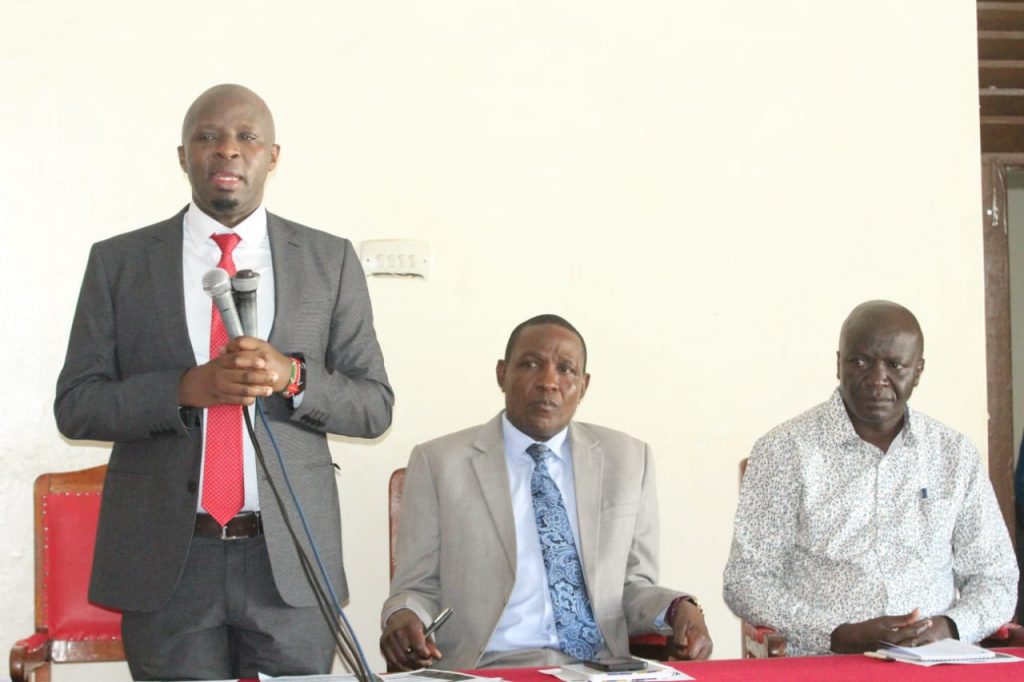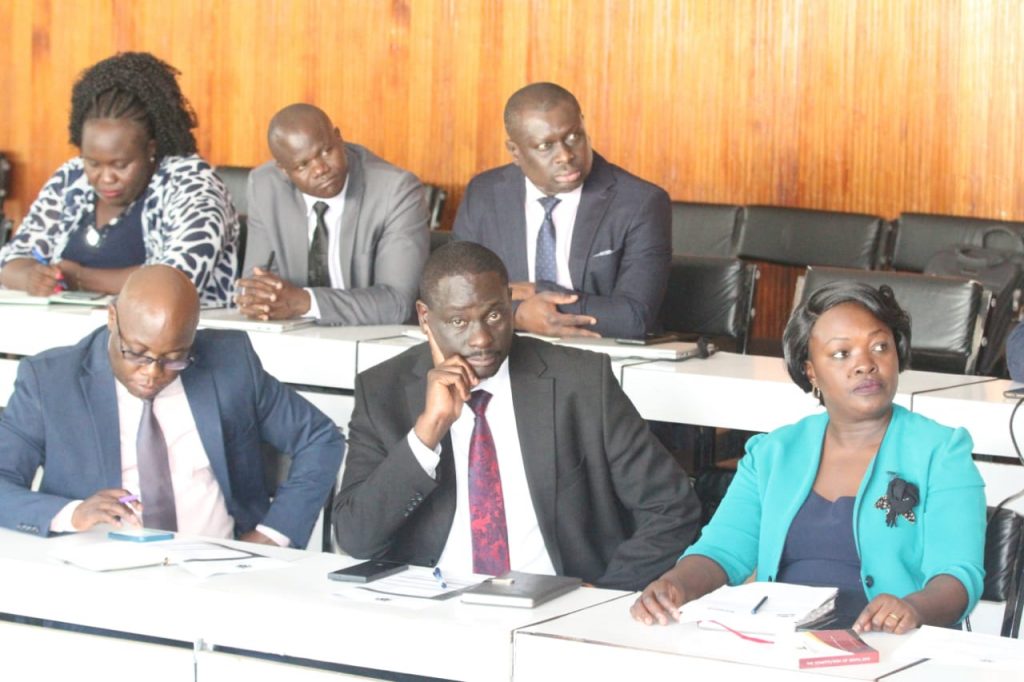EACC flags rising corruption risks in counties as anti-graft training kicks off in Kakamega

22:09:2022: The Ethics and Anti-Corruption Commission (EACC) has raised alarm over growing corruption risks in devolved units, warning that graft is increasingly undermining service delivery and public trust in county governments.
Speaking today during the official opening of a capacity-building workshop on Corruption Risk Assessment and Mitigation for the County Government of Kakamega, EACC’s Western Kenya Regional Manager, Mr. Eric Ngumbi, emphasized the urgent need for counties to prioritize accountability and integrity.
“We gather here at a time when corruption is increasingly gaining prominence as a leading threat to the realization of the full potential of devolution. Kenyans are demanding service delivery that is transparent, accountable, and free from theft,” said Mr. Ngumbi.

He noted that although some county governments have made significant strides, others have betrayed public trust through blatant embezzlement and abuse of office. The Commission has so far recovered billions of shillings from corrupt officials, while several cases involving county officers are currently in court.
Mr. Ngumbi outlined several emerging corruption schemes in Western Kenya counties, including the use of proxy companies to loot public funds, diversion of budgeted payments, non-remittance of statutory deductions, theft of hospital-generated revenue, misuse of imprests, and deliberate failure to safeguard public assets.
He also singled out conflict of interest as a growing concern, particularly among Members of County Assemblies (MCAs), some of whom allegedly demand tenders and jobs for relatives, and retaliate against non-compliant county executives through threats and impeachment.
“In one county, EACC is investigating six MCAs linked to conflict of interest in tenders worth Kes144.2 million awarded to 40 proxy companies. In another, eight senior officials are implicated in fraudulent contracts worth Kes1.4 billion awarded to entities connected to them,” he revealed.
Such practices, Mr. Ngumbi stressed, not only drain public resources but also deepen the suffering of ordinary citizens who rely on counties for essential services.

The Kakamega County Government, he said, is not immune to these risks, making the workshop timely and critical. The training, he explained, is aimed at equipping county officers with tools to identify, assess, and mitigate corruption risks in their operations.
“EACC is committed to supporting all county governments to build strong accountability systems that ensure early detection and prevention of malpractice,” he added.
This workshop is the second phase of the EACC’s corruption risk management programme in Kakamega, following a similar exercise held for the County Assembly last week.
The Commission will also assist in developing and monitoring the implementation of a Corruption Risk Mitigation Plan tailored for Kakamega County.
“As we protect public resources and hold individuals accountable, we also offer support in establishing structures that promote transparency and integrity in governance,” concluded Mr. Ngumbi.

